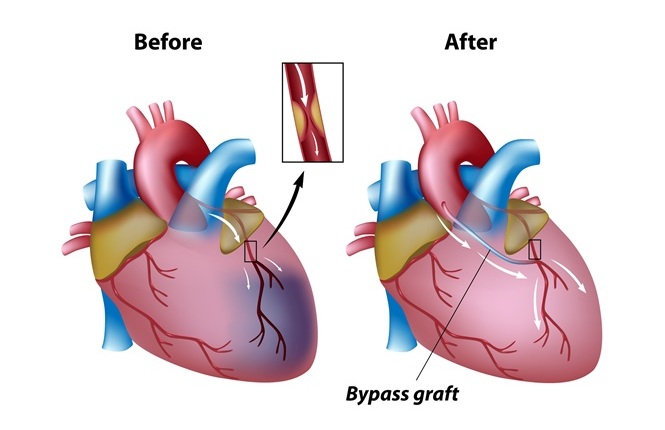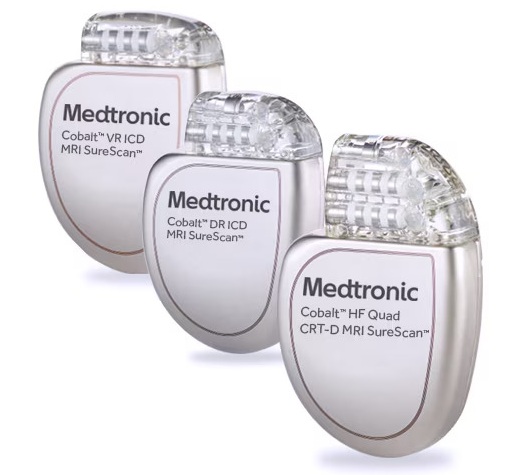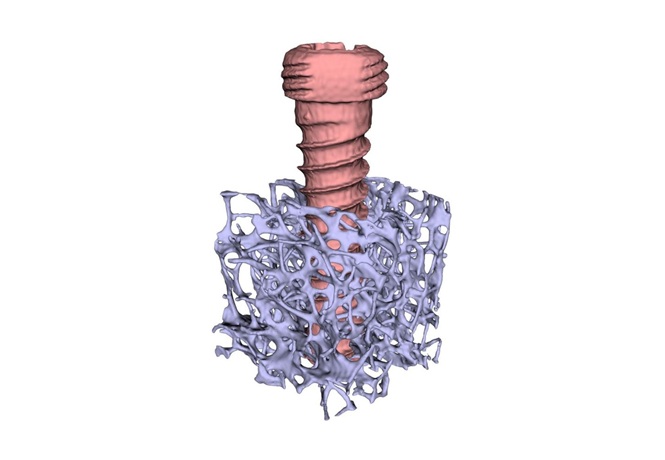Expo
view channel
view channel
view channel
view channel
view channel
Medical Imaging
AI
Surgical TechniquesPatient CareHealth ITPoint of CareBusiness
Events
Webinars

- Contactless Vital Sign Monitoring Device Measures Respiratory Rate Through Smartphones
- Dissolvable Microarray Technology Delivers Drug and Vaccine Via Patch
- AI Guidance Tool Prevents Spread of C. Difficile Infection in Hospital Settings
- Patient-Specific Implant Techniques Could Reduce Stroke Risk in Patients with LVADs
- New Method for Labeling T Cells in Immunotherapy to Make Treatments Safer
- Surgical Ablation During CABG Improves Survival in Patients with Preexisting Atrial Fibrillation
- New Battery Technology Delivers Additional Power to Implantable Medical Devices
- New Model Reveals Optimal Positioning of Orthopedic Screws in Fractures
- Non-Invasive Tool for Removing Lung Cancer Tumors Reduces Surgical Trauma
- Novel Mechanical Heart Valve Improves Blood Flow and Lowers Risk of Blood Clots
- First-Of-Its-Kind Portable Germicidal Light Technology Disinfects High-Touch Clinical Surfaces in Seconds
- Surgical Capacity Optimization Solution Helps Hospitals Boost OR Utilization
- Game-Changing Innovation in Surgical Instrument Sterilization Significantly Improves OR Throughput
- Next Gen ICU Bed to Help Address Complex Critical Care Needs
- Groundbreaking AI-Powered UV-C Disinfection Technology Redefines Infection Control Landscape
- Medtronic Partners with Corsano to Expand Acute Care & Monitoring Portfolio in Europe
- Expanded Collaboration to Transform OR Technology Through AI and Automation
- Becton Dickinson to Spin Out Biosciences and Diagnostic Solutions Business
- Boston Scientific Acquires Medical Device Company SoniVie
- 2026 World Hospital Congress to be Held in Seoul
- Smartwatches Could Detect Congestive Heart Failure
- Versatile Smart Patch Combines Health Monitoring and Drug Delivery
- Machine Learning Model Improves Mortality Risk Prediction for Cardiac Surgery Patients
- Strategic Collaboration to Develop and Integrate Generative AI into Healthcare
- AI-Enabled Operating Rooms Solution Helps Hospitals Maximize Utilization and Unlock Capacity

 Expo
Expo
- Contactless Vital Sign Monitoring Device Measures Respiratory Rate Through Smartphones
- Dissolvable Microarray Technology Delivers Drug and Vaccine Via Patch
- AI Guidance Tool Prevents Spread of C. Difficile Infection in Hospital Settings
- Patient-Specific Implant Techniques Could Reduce Stroke Risk in Patients with LVADs
- New Method for Labeling T Cells in Immunotherapy to Make Treatments Safer
- Surgical Ablation During CABG Improves Survival in Patients with Preexisting Atrial Fibrillation
- New Battery Technology Delivers Additional Power to Implantable Medical Devices
- New Model Reveals Optimal Positioning of Orthopedic Screws in Fractures
- Non-Invasive Tool for Removing Lung Cancer Tumors Reduces Surgical Trauma
- Novel Mechanical Heart Valve Improves Blood Flow and Lowers Risk of Blood Clots
- First-Of-Its-Kind Portable Germicidal Light Technology Disinfects High-Touch Clinical Surfaces in Seconds
- Surgical Capacity Optimization Solution Helps Hospitals Boost OR Utilization
- Game-Changing Innovation in Surgical Instrument Sterilization Significantly Improves OR Throughput
- Next Gen ICU Bed to Help Address Complex Critical Care Needs
- Groundbreaking AI-Powered UV-C Disinfection Technology Redefines Infection Control Landscape
- Medtronic Partners with Corsano to Expand Acute Care & Monitoring Portfolio in Europe
- Expanded Collaboration to Transform OR Technology Through AI and Automation
- Becton Dickinson to Spin Out Biosciences and Diagnostic Solutions Business
- Boston Scientific Acquires Medical Device Company SoniVie
- 2026 World Hospital Congress to be Held in Seoul
- Smartwatches Could Detect Congestive Heart Failure
- Versatile Smart Patch Combines Health Monitoring and Drug Delivery
- Machine Learning Model Improves Mortality Risk Prediction for Cardiac Surgery Patients
- Strategic Collaboration to Develop and Integrate Generative AI into Healthcare
- AI-Enabled Operating Rooms Solution Helps Hospitals Maximize Utilization and Unlock Capacity






































